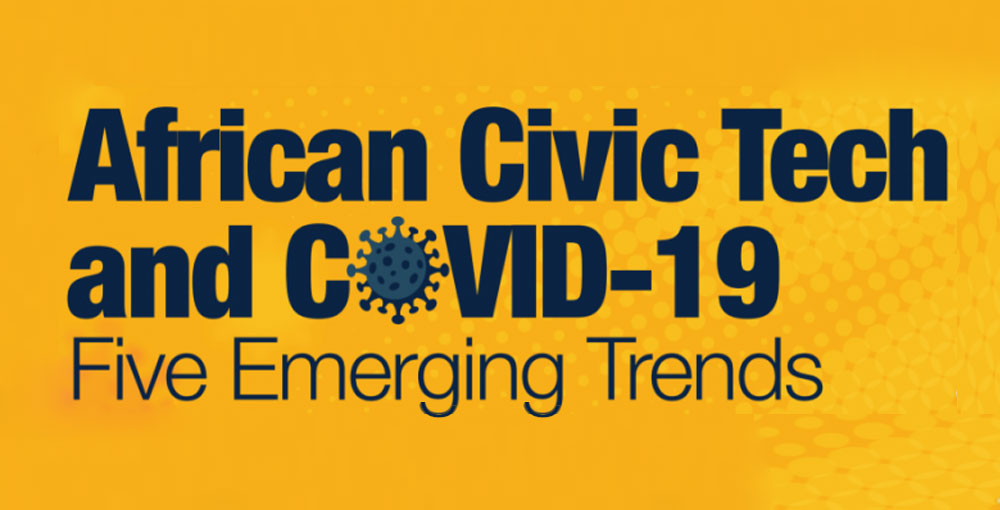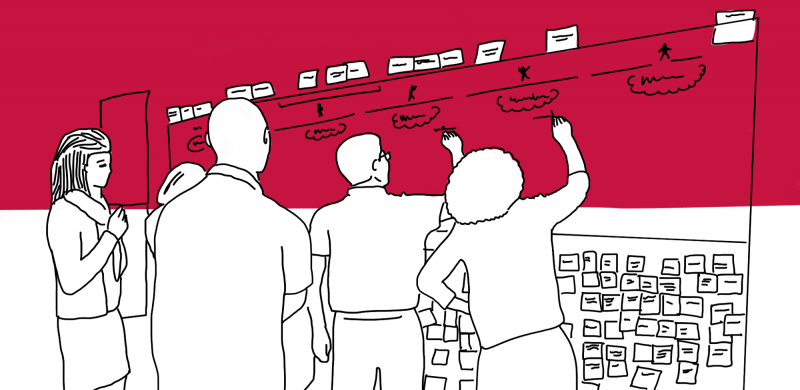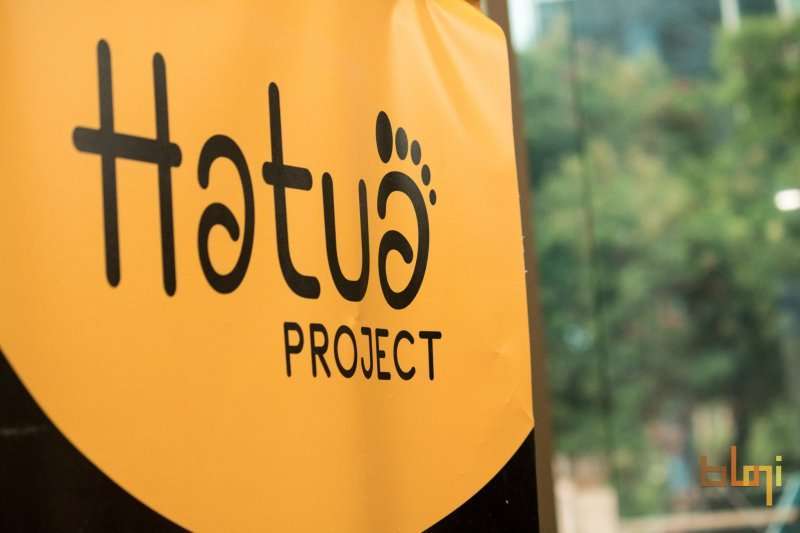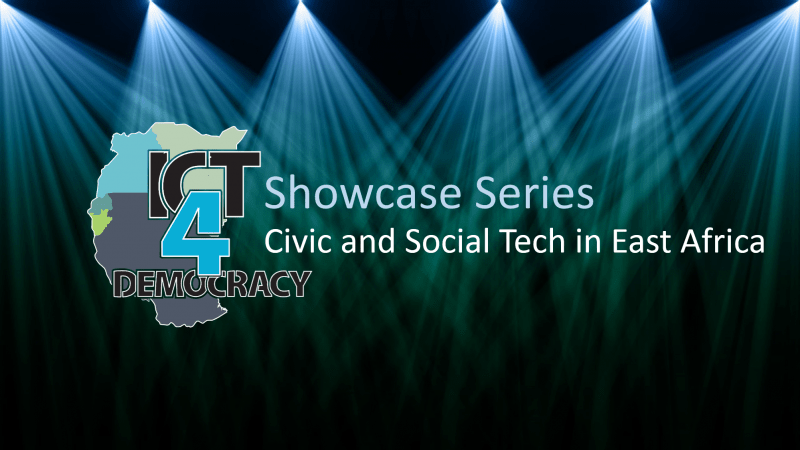By Melissa Zisengwe |
Africa has a growing civic tech community that focuses on issues such as accountability and transparency, data journalism, citizen participation, and public services monitoring. Since the outbreak of COVID-19, various technologies have been deployed by citizens, civil society organisation, start-ups, private companies, universities and governments to aid the fight against COVID-19. Specifically, the civic tech community has created several innovations or adapted and repurposed existing resources to confront the COVID-19 pandemic.
The findings resulting from interviews conducted with civic tech innovations from Kenya, Nigeria, South Africa and Uganda indicate that the potential for technology to facilitate the fight against COVID-19 is clear. Across the continent, the emerging trends include contact tracing, instant messaging, digital governance, information dashboards and predictions and debunking misinformation.
For instance, platforms leveraging instant messaging applications such as GovChat and Grassroot in South Africa, as well as Uganda’s Ministry of Health Chatbot have supported remote government-citizen interactions, community organising and access to information, respectively in compliance with national COVID-19 standard operating procedures. Similarly, there has been a shift in governments’ adoption and use of technology, with many operations such as the judiciary in Kenya and emergency services in Uganda moving online.
Further, the use of data mining and spatial analysis techniques to aid analysis into the spread of the virus at provincial level in South Africa, and functioning of health centres in Burkina Faso indicates that the civic tech community, along with the private sector and the government, appreciate the importance of access to information in a pandemic.
While dashboards are keeping citizens updated on Coronavirus related news, some organisations are taking it a step further to ensure that citizens receive the accurate information and stop the spread of the disinfodemic, which is the spread of unverified, untrue information about the disease. This is being achieved through virtual games in Uganda and live guides among others.
In several countries, organisations, governments and companies are reported to have employed digital contact tracing measures. Although the extent of this trend is unknown, common practices include contact tracing apps, CCTV surveillance, and cell phone location data tracking.
While these contact tracing apps and efforts could indeed aid the countries in their fight against COVID-19, they present some concerns over data privacy and surveillance. Tracking via mobile technology means personal information such as an individual’s location and movements, and their COVID-19 status could be disclosed without consent and oversight mechanisms for protection and accountability.
The trends above show that the civic tech community in Africa is willing to do their part in society and that innovation is not always a shiny new app or product; rather, sometimes it is existing tools and methodologies which can be repurposed to respond to emerging needs. While these tools have been instrumental in shaping the fight against COVID-19, user sensitisation towards increased adoption during and in the aftermath of the pandemic remains crucial.
Read the full brief here.
Melissa Zisengwe is a 2020 CIPESA Fellow focussing on the area of civic technology in Africa.




